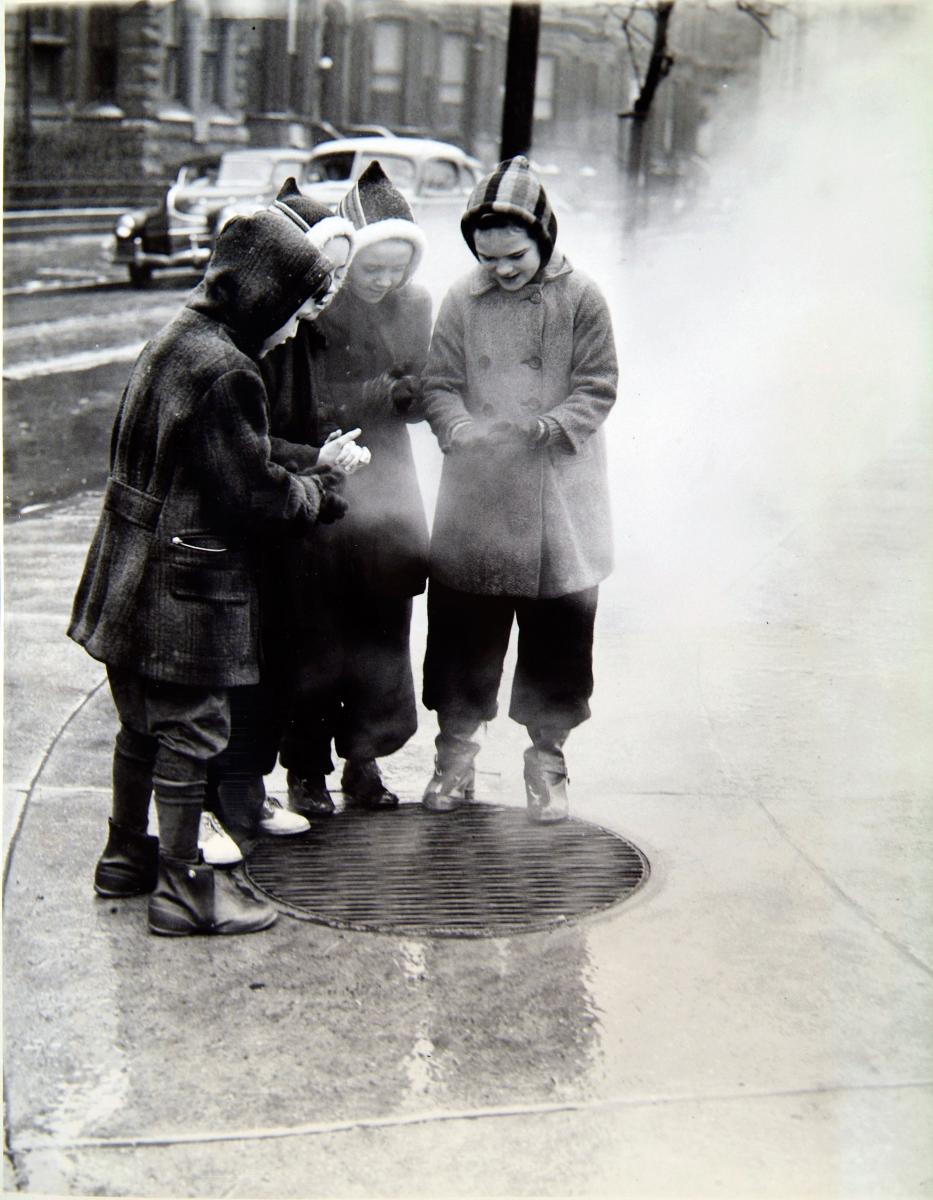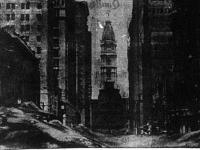During the last State of the Union address, President Obama stated, “the debate is settled. Climate change is a fact.” Climate change may be a fact, but the debate has centered upon what has caused it to occur: the machinations of man and carbon emissions, or natural processes.
Regardless of one’s position on the topic, it is a fascinating subject in and of itself with a wide selection of available literature. Dating to the Bible, King Solomon, considered to be the author of the Book of Ecclesiastes, states “…There is no new thing under the sun. Is there anything whereof it may be said, See, this is new? It hath been already of old time, which was before us.” The same is true in part of the issue of global climate change.
Climate change is not an issue pertaining only to the Modern Era. During the 3rd millennium B.C., the dynasties of Egypt’s Old Kingdom were greatly affected by climate disparities, while the later Semitic Empire of the Akkadians in the Near & Middle East, was virtually destroyed as the result of a massive drought that occurred circa 2200 B.C.
William Rosen’s recent work, The Third Horseman: Climate Change and the Great Famine of the 14th Century, also demonstrates how natural disasters, coupled with man’s involvement, can at times augment or bring about dire results. Additionally, some scholars advocate that Stone Age technological and cultural innovations were actually accelerated in a positive manner. They believe climate change in southern Africa helped disperse modern humans throughout the globe.
The various interpretations of climate change have blown across the globe from one extreme  position to the other, much as did the actual winds of the famous Dust Bowl drought years of the decade of the 1930’s within the United States. For example, in 1895, as well as within my own lifetime, the concern was for the resurgence of a new Ice Age which would cover the Earth once again. The New York Times for 1975 published an article with the heading, “A Major Cooling Widely Considered to Be Inevitable.”
position to the other, much as did the actual winds of the famous Dust Bowl drought years of the decade of the 1930’s within the United States. For example, in 1895, as well as within my own lifetime, the concern was for the resurgence of a new Ice Age which would cover the Earth once again. The New York Times for 1975 published an article with the heading, “A Major Cooling Widely Considered to Be Inevitable.”
The Washington Post on November 2, 1922, published an article entitled, “Arctic Ocean Getting Warm: Seals Vanish and Icebergs Melt,” while the Philadelphia Record for April 7, 1935, published a lengthy article, “Dust and Drought to Wreck Philadelphia, Meteorologist Predicts (Within 5000 Years).” This was the view of Dr. William Jackson Humphreys, a meteorological physicist for the U.S. Weather Bureau in Washington, D.C., and twice medal recipient for his research from Philadelphia’s Franklin Institute.
Dr. Humphreys declared that Philadelphia and New York would “be abandoned and our great cities and green farmlands will become an arid waste within the next 5000 years.” He continued to state, “Men, women and children…will flee to the tropics or the polar regions as the great drought gradually renders useless vast stretches of land in the temperate zone, now the most fruitful in the world.” He mentioned the rising global temperature in remarking that “For the last 50 years…the weather in the United States and other parts of the world, except the tropics, has been growing slowly warmer…Where great factories now stand the sands of an arid desert will blow,” and he predicted how another effect of the drought will be “the melting ice, which will be felt by coastal cities of the United States…in the flooding of the seaboard areas.”
Dr. Humphreys, however, makes an interesting conclusion to his dire warnings: “Vast changes have taken place before in the age-old history of our world, and will continue to occur so long as it remains part of an ever-changing universe.” It’s not the the intent of my article to present either pro or con what may be generating today’s climate change, but to simply reveal that such concerns appear to be as old as civilization.

